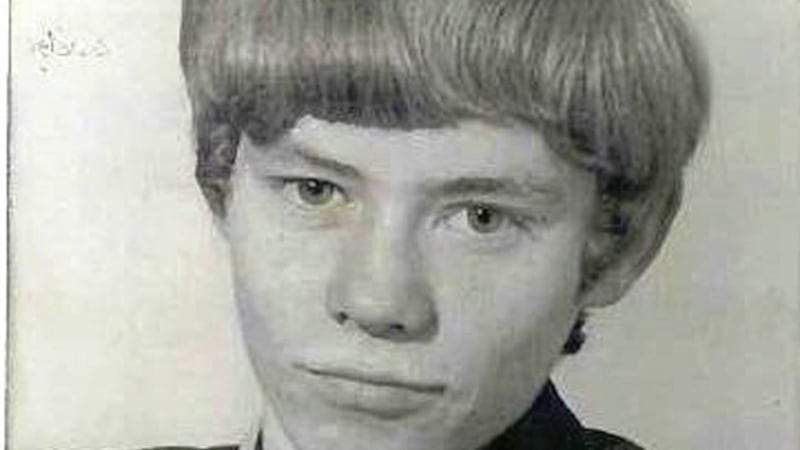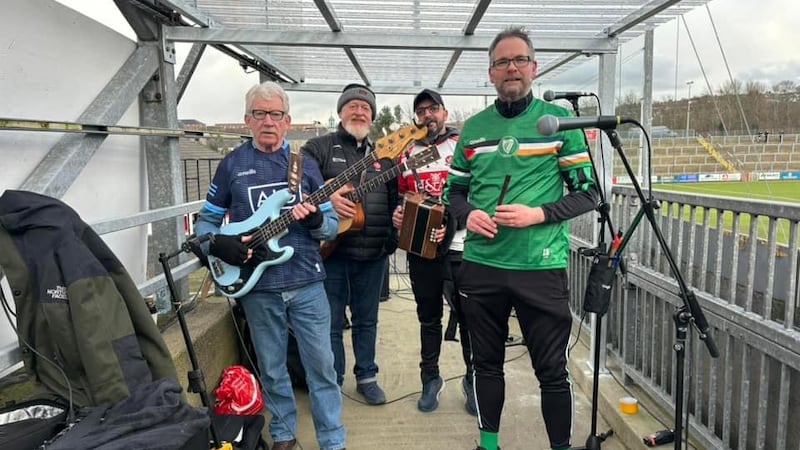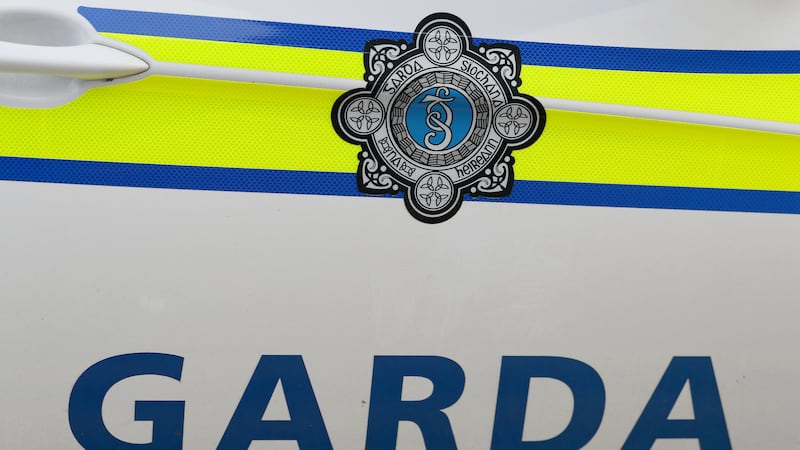THE family of a teenager killed after he was struck by a rubber bullet in on the Strabane/Lifford border in 1972 have asked the Republic’s Attorney General to open a new inquest.
Tobias Molloy (18) was pronounced dead at Lifford hospital in Co Donegal after being struck in the chest by a rubber bullet fired by a British soldier at the Camel’s Hump border checkpoint.
The 18-year-old had been at a dance in Lifford earlier in the evening and was walking back home to Strabane after leaving his girlfriend home when the fatal shot was fired.
Mr Molloy was a member of Fianna Éireann, the youth division of the republican movement.
An inquest was held in Co Donegal six days later but no hearing has ever been held in Northern Ireland.
The teenager’s family applied to the north's Attorney General to hold an inquest in 2019 but their request was turned down.
The Attorney General said it was “less likely” that Mr Molloy died on the northern side of the border and therefore the coroner’s jurisdiction did not apply.
Pádraig Ó Muirigh, solicitor for the Molloy family, has now lodged a formal request with the Republic’s Attorney General, Paul Gallagher, to open a fresh inquest to consider new evidence.
He said the original inquest was held in the absence of an investigation by either gardaí or the RUC and there was no record at all of a Garda investigation into the killing.
“The investigation carried out by the RUC was manifestly inadequate and the inconsistencies in the statements of soldiers and witness accounts were never challenged by the military investigation or by the RUC," he said.
New evidence from witnesses, media reports, a draft PSNI Historical Enquiries Team report and expert evidences have been lodged with the Attorney General.



